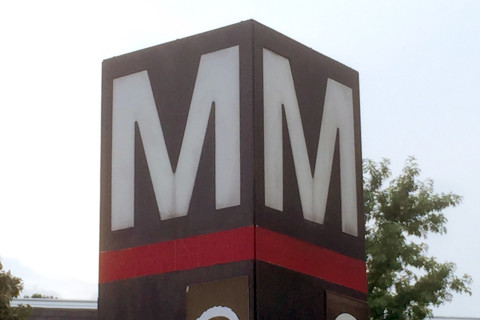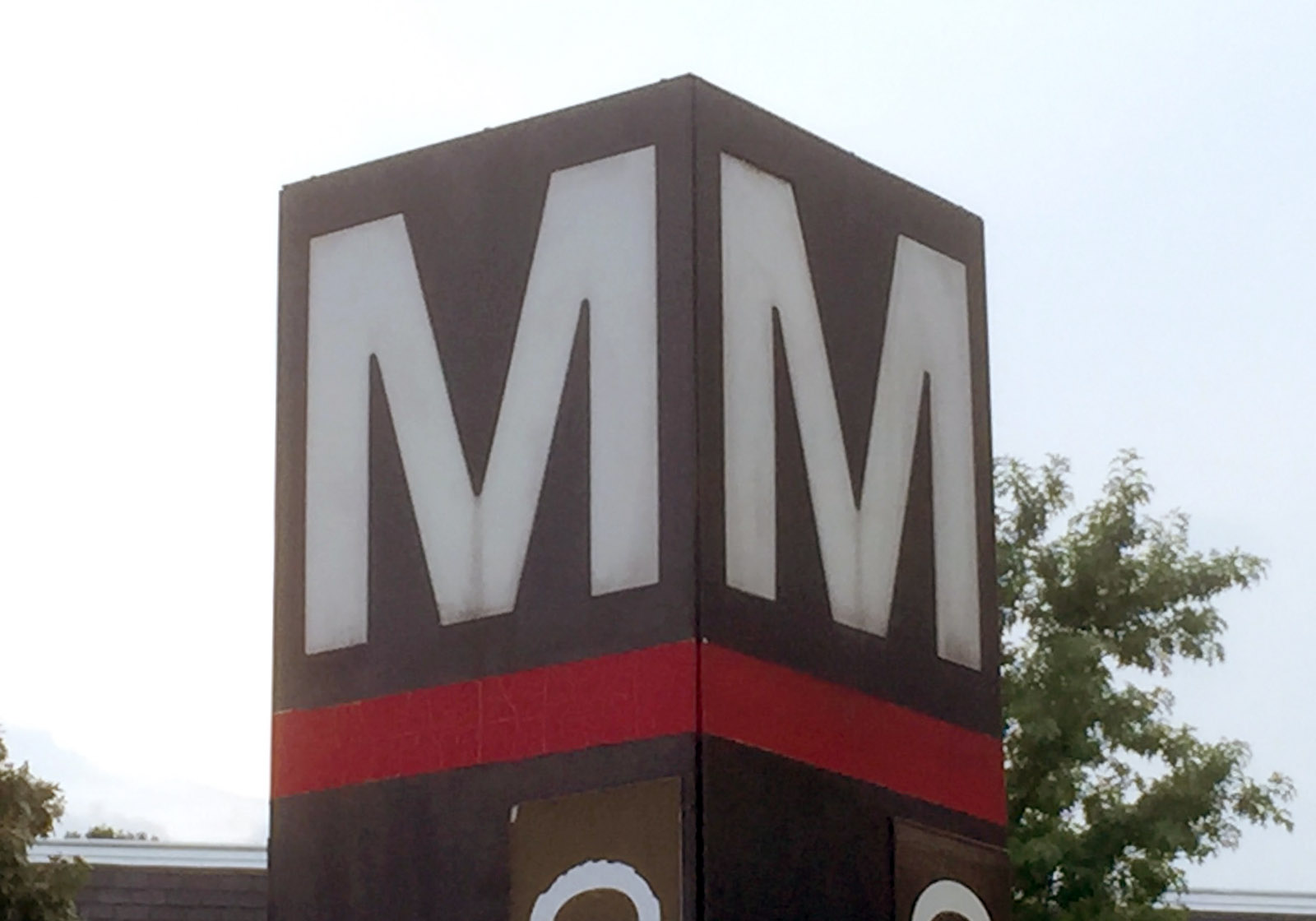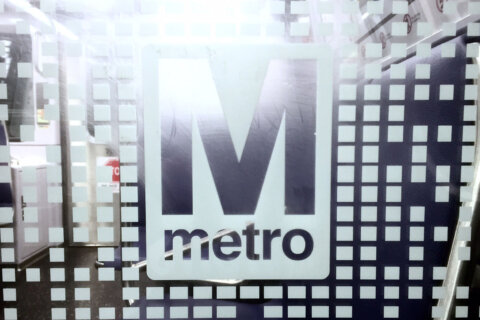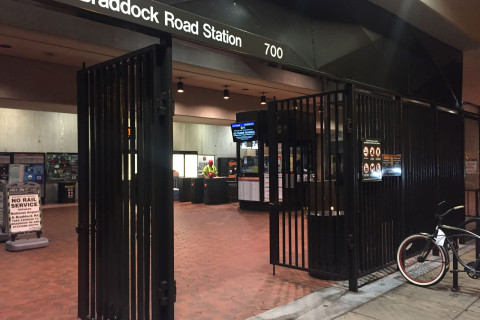
Metro is inching closer to restoring a significant amount of service this summer at stations through the heart of D.C. and adding service in Maryland as part of ongoing budget talks.
Extending all Yellow Line trains to Greenbelt and all Red Line trains past Silver Spring to Glenmont are General Manager Paul Wiedefeld’s top recommendations out of several service change proposals in the budget, which is due to be voted on by the Metro Board over the next few weeks.
“Clearly from a financial perspective, it’s the extensions of the two lines — the numbers speak for themselves,” Wiedefeld said, when comparing the cost and benefits with other ideas to run even more eight-car trains or to extend the weekday time periods with rush-hour service.
The proposals are among those the board would need to find additional revenue for by cutting somewhere else.
“At some point — whether it’s this year or in future years — we have to really start to address, now, the service issues. We’ve gotten the safety, and we continue to get that under control, but at some point we want a better product out there,” Wiedefeld told the Metro Board’s Finance and Capital Committee Thursday.
“Clearly the financial pressures will always limit what we can do there, but I do think it is part of our responsibility to bring these things, to have some debate about them, and we will land where we land,” Wiedefeld said.
Extending the Yellow Line trains at all times of day would add service at rush hour through Columbia Heights and Petworth and at all times through Hyattsville and College Park, and provide a direct connection to and from Arlington and Alexandria. It would also simplify operations. Extending Red Line service could double the number of trains north of Silver Spring to and from Glenmont.
Some Yellow Line trains had run to Greenbelt in the past under Metro’s “Rush Plus” program, when the agency had trains scheduled more frequently than today on all but the Blue Line.
Arlington County Board Chair Christian Dorsey, the chair of the Metro Board’s finance committee, said that the system has to make trade-offs, but that the extensions of the lines should be doable.
“Northern Virginia’s thought a lot about this and has come to the same conclusion,” Dorsey said.
“I do think our work before us for this budget … is to figure out which of these we prioritize,” he said.
The cost of extended service on the Red and Yellow lines is estimated to cost Metro a similar net amount as proposals that are included in the budget to cut long-distance weekend rail fares to a flat $2 ($3 million, similar to Yellow Line extension cost) and to lower the cost of weekly bus passes ($1.8 million, more than the Red Line extension cost).
Separate proposed changes to improve monthly passes are projected to increase both revenue and ridership.
Many Metro Board members expressed support for service-increase proposals generally, but agreed that the larger proposals like extending rush-hour service periods or running all eight-car trains sooner are too costly, given the 3 percent caps on annual subsidy increases now required by Maryland and Virginia.
“You have to be able to pay for it,” Maryland’s Clarence Crawford said. “If I were in Richmond or in Annapolis, I would be watching very closely to see just how Metro responds to those caps.”
Weekend flat fare debate
The flat $2 weekend rail fare would be meant to acknowledge near-constant track work disruptions, to hopefully lure riders back.
“[Northern Virginia is] really questioning the value of the $2 flat weekend fare as being consistent with the idea of bringing more riders on the weekend,” Dorsey said.
“We’re hearing from so many riders who say: ‘You know what? You can make it free. If I have to wait 30 minutes for a train and I’m not going to know until I get there, that’s not very convenient for me,'” Dorsey said.
Metro Board Chairman and D.C. Council member Jack Evans said the $3 million estimated revenue loss is worth it.
“I think it’s worth a try, and I hope it does bring back some riders,” Evans said.
The highest rail fare on weekends now is $3.85; the lowest off-peak fare is $2 for the shortest trips.







